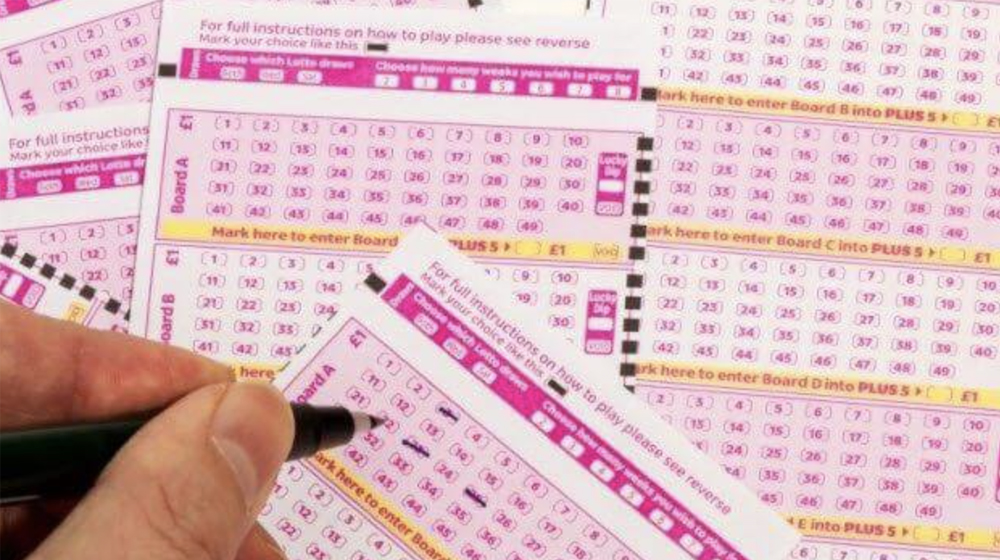The digital age has transformed countless aspects of our lives, and the lottery is no exception. Once restricted to physical tickets and local shops, lotteries have now made a successful leap into the online live cambodia, allowing players to participate in games from the comfort of their own homes. This article explores the evolution, advantages, and challenges of online lottery systems.
A Brief History
Lotteries date back centuries, with early forms documented in ancient China and Rome. They were often used to fund public projects, from roads to schools. The modern lottery, as we know it today, began taking shape in the 15th century in Europe, with the first recorded lottery established in the Netherlands in 1726.
With the advent of the internet in the late 20th century, the possibility of purchasing lottery tickets online became a reality. In the early 2000s, countries like the United Kingdom and the United States began to experiment with online lottery sales, leading to a surge in popularity that has only grown since.
How Online Lotteries Work
Online lotteries operate similarly to traditional lotteries. Players select numbers or choose a quick pick option, and tickets can be purchased directly from official lottery websites or through authorized third-party platforms. The key difference is the convenience and accessibility that the internet provides.
Here’s how it typically works:
- Registration: Players create an account on an official lottery website.
- Ticket Purchase: Players select their numbers or opt for a random selection and purchase tickets electronically.
- Draws: Draws are conducted live or digitally, with results posted on the website.
- Payouts: Winners are notified and can claim their prizes through the website, with larger amounts requiring verification and possibly a visit to a physical lottery office.
Advantages of Online Lottery
- Convenience: Players can buy tickets anytime, anywhere, without the need to visit a physical store. This flexibility is particularly appealing for busy individuals or those living in remote areas.
- Accessibility: Online lotteries are available to a broader audience, including those who may not have easy access to physical lottery outlets.
- Variety of Games: Many online platforms offer a wider range of lottery games, from international draws like Powerball and EuroMillions to local games, enhancing player choice.
- Promotions and Bonuses: Online lottery platforms often provide various promotions, bonuses, and loyalty programs that can add extra value for players.
- Anonymity: For those who prefer privacy, online lotteries allow players to remain anonymous when purchasing tickets and claiming smaller prizes.
Challenges and Concerns
While online lotteries offer numerous benefits, they also come with challenges:
- Regulation and Security: Ensuring the integrity of online lottery systems is critical. Governments need to establish robust regulations to prevent fraud and protect players’ information.
- Addiction and Problem Gambling: The convenience of online lotteries can lead to increased gambling addiction. It is essential for platforms to implement responsible gambling measures, such as setting spending limits and providing resources for those in need.
- Geographical Restrictions: Online lottery participation is often restricted to residents of specific jurisdictions. Players may need to verify their location, which can be a barrier for some.
- Lack of Physical Interaction: Some players enjoy the social aspect of buying tickets and participating in lottery events with friends or family. The online format can detract from this communal experience.
The Future of Online Lottery
The future of online lotteries looks promising, with technology continuing to advance. Innovations such as blockchain for transparency, artificial intelligence for personalized experiences, and virtual reality for immersive participation are on the horizon.
Additionally, as more jurisdictions consider legalizing online lottery sales, the market is expected to grow significantly. The rise of mobile gaming further indicates a shift toward more accessible platforms, catering to a generation that prioritizes convenience and instant gratification.
